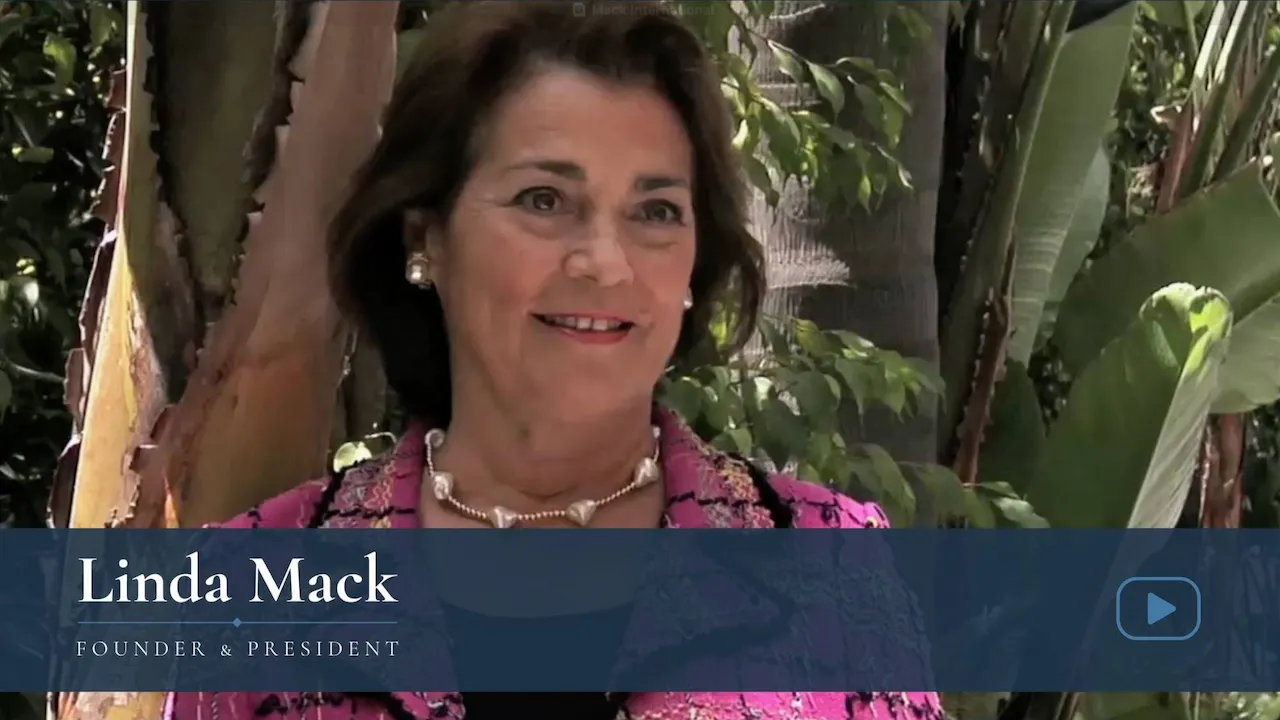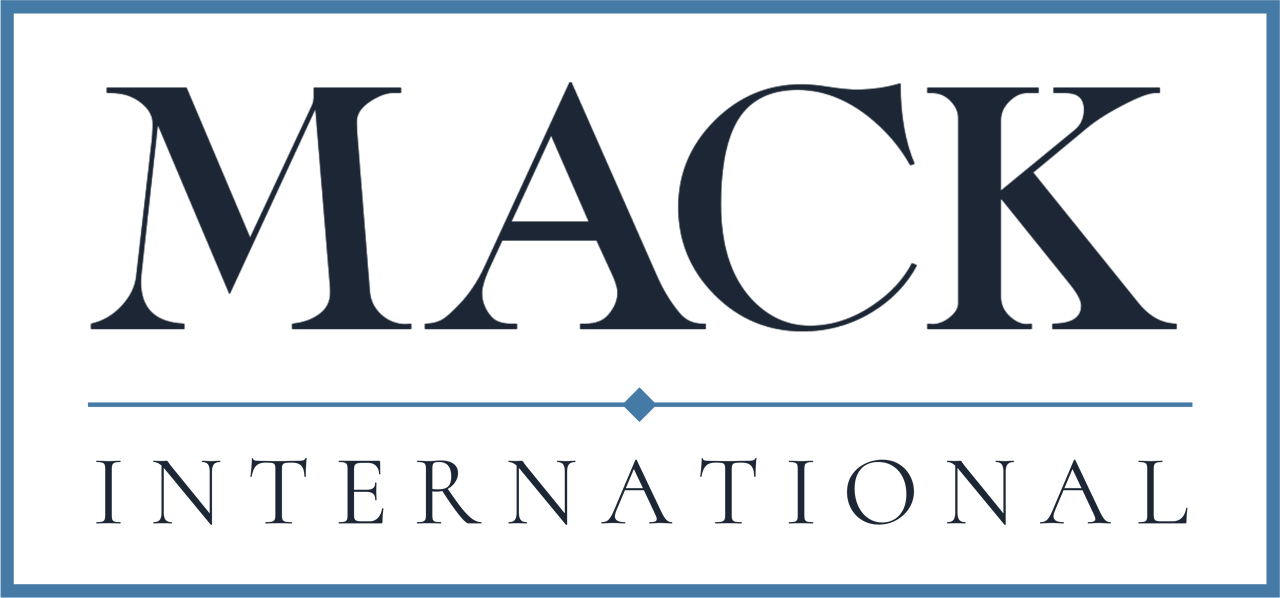Why Family Offices Need an Expert Generalist

And How to Become the Ideal Family Office Leader of the Future
May 30, 2025 —
Conventional wisdom suggests that success is associated with the ability to specialize in a single field of expertise. However, in family offices, where the intersection of financial, human, social, intellectual, and reputational capital requires deeply intertwined decision-making, leaders need both broad knowledge across multiple disciplines and deep expertise in key areas. It is this incredibly rare combination of breadth and depth that allows family offices to thrive in an increasingly complex world.
When our founder, Linda Mack, established Mack International over two decades ago, she coined the term ‘Expert Generalist’ to describe this ideal family office leader.
The modern family office professional must have the ability to synthesize diverse information, handle varied challenges, and coordinate specialized advisors while deeply understanding their respective subject matter areas. This is particularly vital for virtual family offices, where the primary executive must oversee and coordinate services across the entire horizontal spectrum of wealth and asset management.
Families Need a Quarterback
Family offices are dynamic, multidimensional organizations with a variety of stakeholders, constituents, and third-party service providers that require coordinating a team of internal and external subject matter experts. However, families are, understandably, hesitant to invite multiple individuals into their inner trusted circle, so the ‘quarterback’ or ‘missing link’, as Linda Mack and Michael Zeuner often describe it, becomes critical.
Families need a quarterback to coordinate specialists and ensure their advice dovetails with the family’s values and long-term objectives. With a broader range of investment professionals to manage alternative asset classes, more trust and estate experts to navigate increasing regulatory requirements, and a new generation at the helm, families need a central coordinator and facilitator to make sure the long-term vision and legacy of the family stay at the forefront of executive-level decision-making.
Planting a Semantic Tree
For professionals aspiring to become expert generalist leaders, they must go against the grain of modern-day practices in professional and financial services, where hyper-specialization of subject matter is the key to traditional industry success.
This is something to which, at the age of 53, the world’s wealthiest man, Elon Musk, attributes his success. In his biography, he states:
“It is important to view knowledge as sort of a semantic tree—make sure you understand the fundamental principles, i.e., the trunk and big branches, before you get into the leaves and details, or there is nothing for them to hang on to.”
He applies the same logic to the selection of staff within his family office, Excession LLC, where expert-generalist family office head, Jared Birchall, has a wide-ranging scope of responsibilities. According to Bloomberg, he played a significant role in arranging the Wall Street loans that enabled Musk’s acquisition of Twitter (now X) and handled disbursements from Musk’s super PAC, which supported Donald Trump’s presidential campaign.
The successful family office leader has broad knowledge across the range of multidisciplinary fields, understands the principles and interconnections between those fields, and when complemented with their core specialty, brings synergistic value to the family office. Decisions about tax, family legacy, investments, succession, next-gen engagement, and philanthropy are all intertwined, and leaders must understand the impact that each decision may have on the broader family enterprise ecosystem.
This is one of the key differentiators in the hunt for family office talent; the other is culture fit—something that must not be forgotten in the quest for an expert generalist. Beyond broad expertise and agility, professionals looking to join a family office must complement the existing culture of the family, which requires total alignment across values, leadership, communication, and a number of other style and philosophy dimensions. It also demands an exceptionally high level of emotional intelligence and the ability to be a strategic thinking partner.
A generation ago, the role of family office leaders was skill-set driven, often hiring a trusted advisor or confidant who understood the specialist areas of an existing legacy business or the family portfolio. Modern families are looking for leaders who think like a family member but lead with a business mentality. The family office of the future requires strategic leaders who combine strong business, financial, and investment acumen with their role as trusted advisor to the family.

Social Media Links
Office Locations
Nashville, TN
Dallas, TX
New York, NY
Chicago, IL

